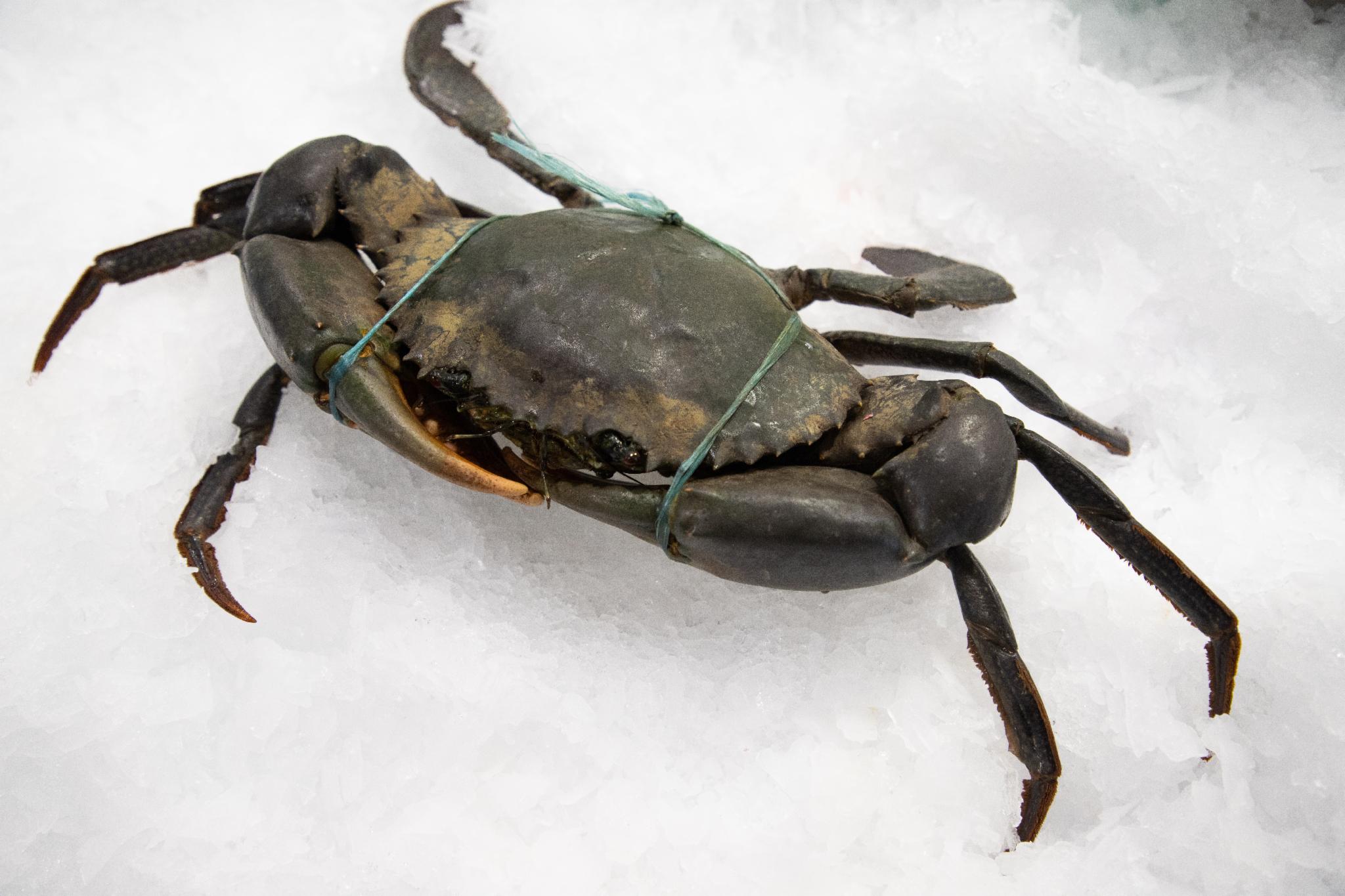


Catching a crab that appears healthy but contains little to no meat can be both disappointing and wasteful. Crabs that have recently moulted are often empty or contain soft flesh that has not yet fully developed and identifying and returning these crabs to the water allows them time to harden and grow, ultimately contributing to a more sustainable crab population.
There are several indicators that a crab may not be full:
Crabs should always be properly restrained or tied before any manual inspection is carried out to avoid injury.
Returning soft-shelled or underdeveloped crabs to the water is not only best practice for ethical fishing but also ensures they may be recaught later when they are fully formed and suitable for consumption.
